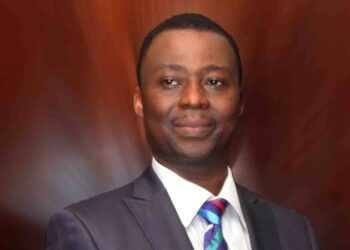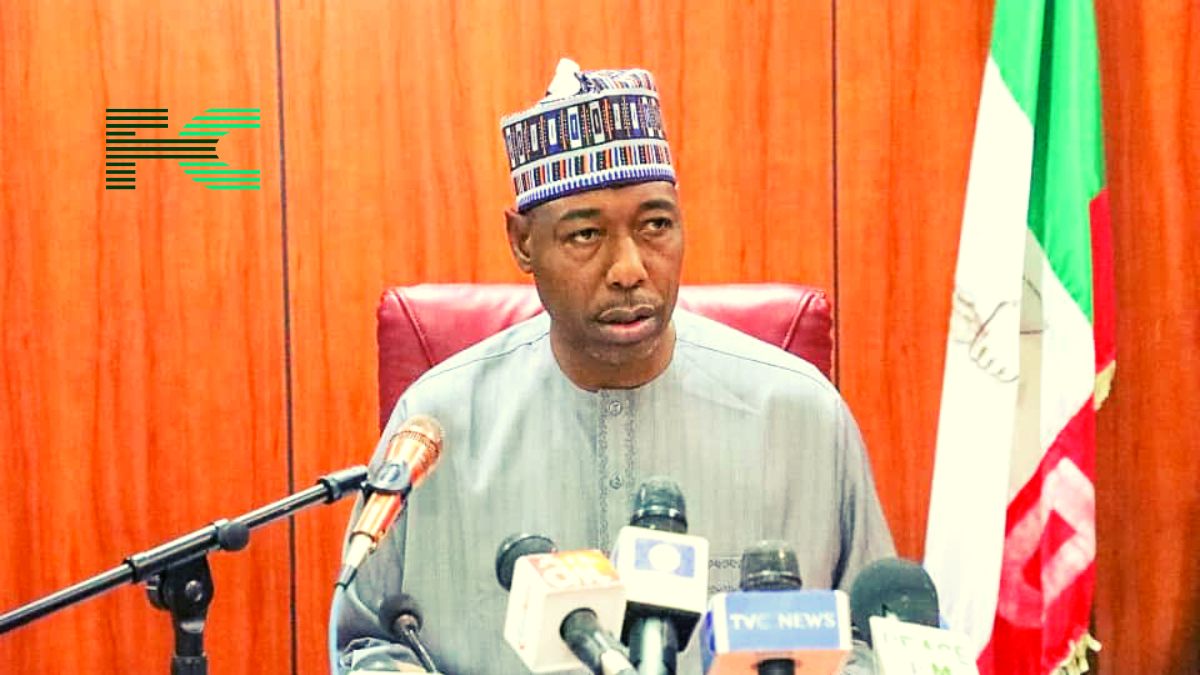Medical doctors in Cross River State, Nigeria, have taken a decisive action by suspending their services until further notice after one of their colleagues was kidnapped from her home in Calabar last Thursday. The Chairman of the Nigerian Medical Association (NMA) in Cross River, Dr. Felix Archibong, confirmed this decision following an emergency general meeting in Calabar on Sunday.
The abducted doctor, Dr. Ekanem Ephraim, who works at the University of Calabar Teaching Hospital (UCTH), was taken by armed individuals posing as patients around 7:30 p.m. Despite the doctors’ efforts to secure her release, she remains in captivity.
To address this alarming situation, the NMA is urging the state government and security agencies to take immediate action to secure their colleague’s safe return. As a mark of solidarity and protest, the association has declared a total and indefinite withdrawal of medical services, which will affect all hospitals in the state, including federal, state, private, and mission-run facilities.
“This withdrawal of medical service will involve all hospitals in the state both federal, state, private and Mission,” the state chapter of the NMA said.
“The State government should activate all necessary instruments at its disposal to ensure the timely and unconditional release of our member in the hands of her abductors.”
While the NMA recognizes the potential hardships this service withdrawal might cause for citizens, they are appealing to relevant security agencies to ensure Dr. Ephraim’s timely and unconditional release.
In a country where even our doctors cannot feel safe and protected, it becomes understandable why many of them would be hesitant to remain. The prevailing laxity in our security system and the daily sacrifices of lives to insecurity raise serious concerns about the desirability of staying in such an environment for medical professionals and many others.
The issue of medical professionals leaving Nigeria for better opportunities abroad has been a long-standing concern. Earlier this year, Senator Ganiyu Johnson proposed a bill to mandate Nigeria-trained doctors to practice in the country for at least five years before receiving their full license, aiming to curb the mass exodus of medical professionals from Nigeria. However, the Nigerian Association of Resident Doctors (NARD) vehemently opposed the bill, expressing their resistance to any form of enforced service.
The problem of brain drain has contributed significantly to Nigeria’s personnel inadequacy in the health sector. The Nigerian Economic Summit Group’s 2023 macroeconomic outlook report highlighted the health infrastructural gap and the loss of many medical professionals due to brain drain, impacting the nation’s human capital formation and hindering economic development.
This situation raises a critical question for everyone, especially Nigerians: If given the opportunity, would you choose to leave the country? The current state of affairs, including security concerns and the exodus of skilled professionals, has made the prospect of leaving Nigeria an attractive option for many.
As the situation unfolds, it remains essential for the government, security agencies, and stakeholders to work together to create an environment that encourages skilled professionals to stay and contribute to the nation’s progress and development.














